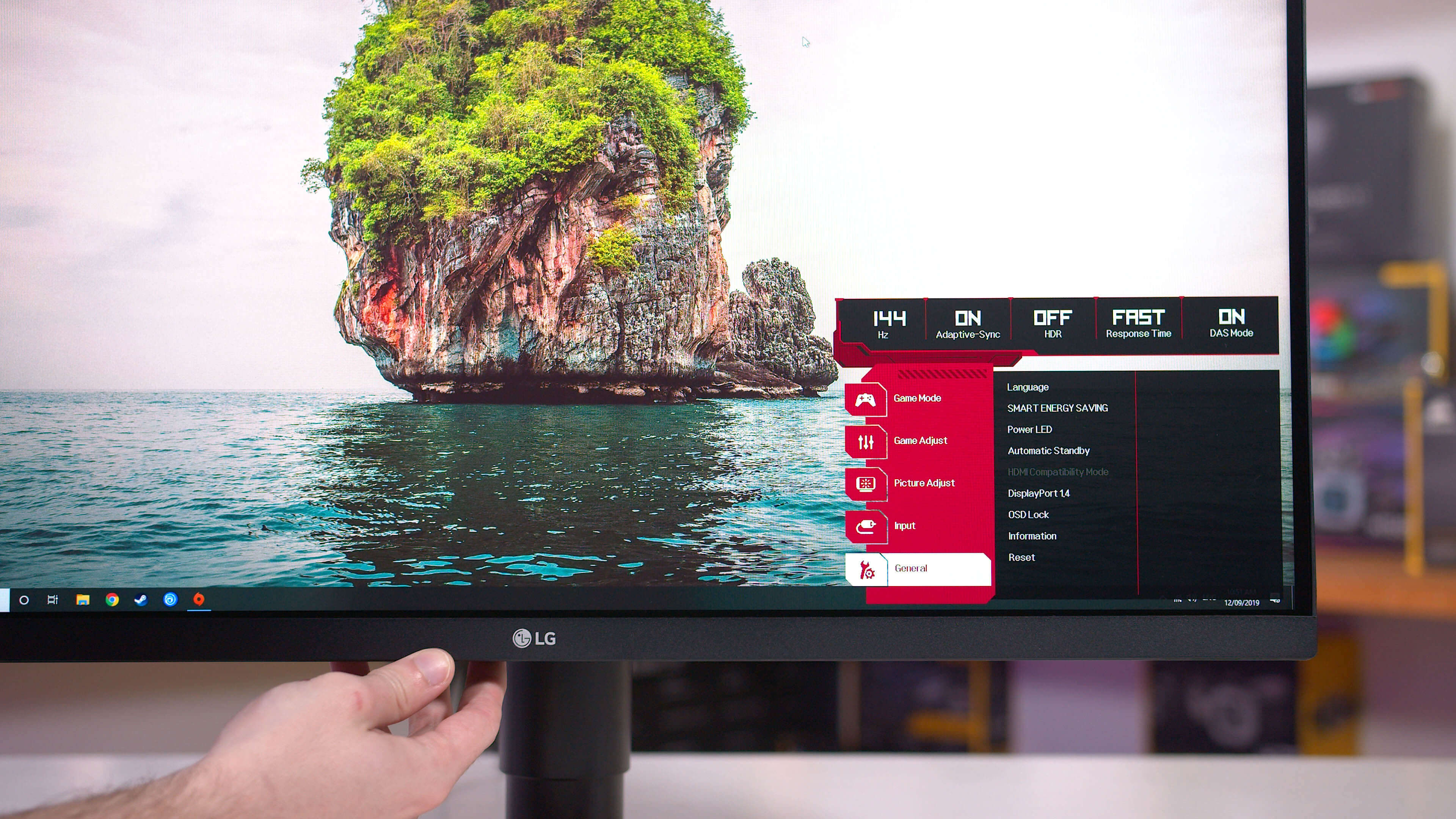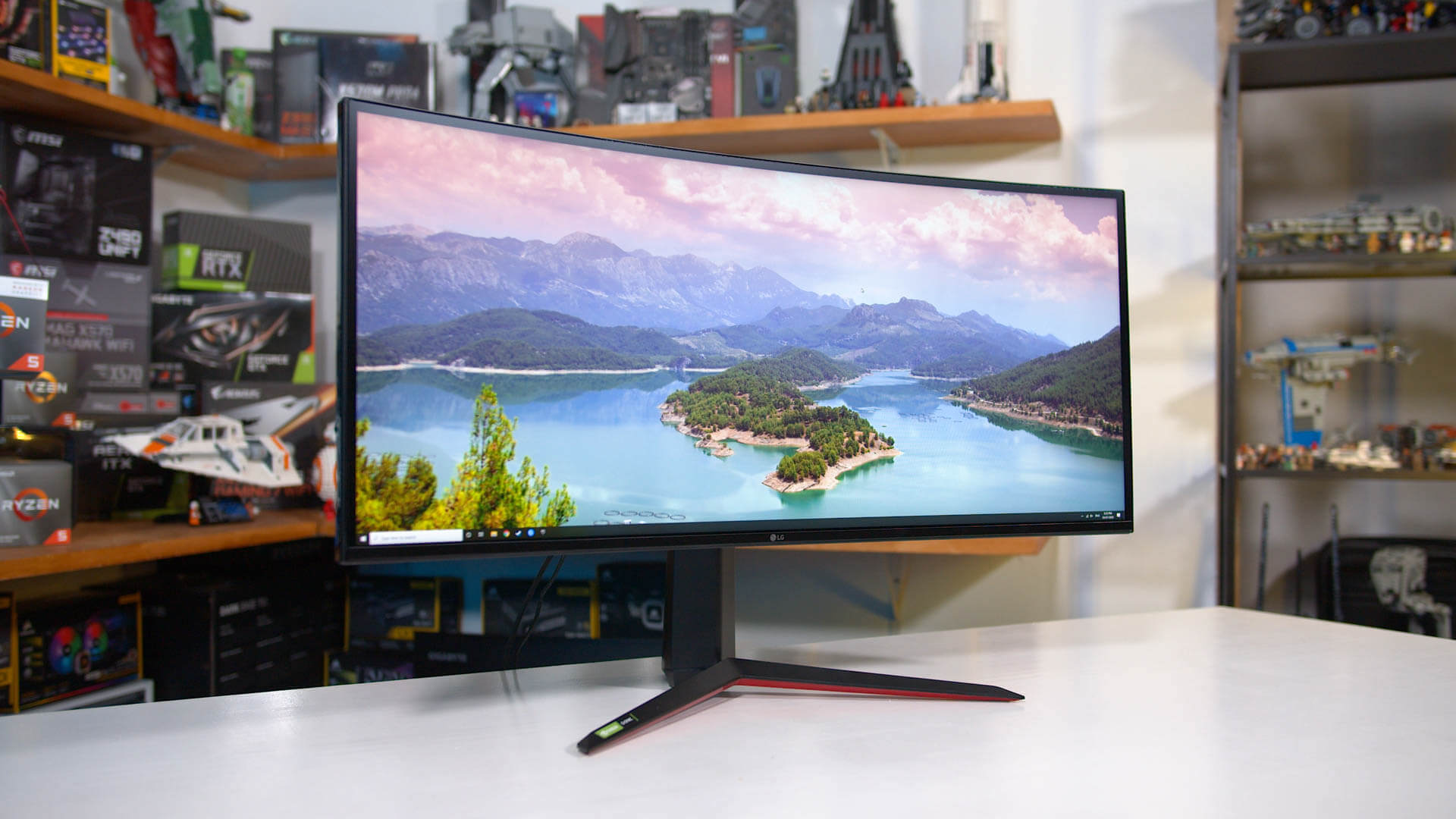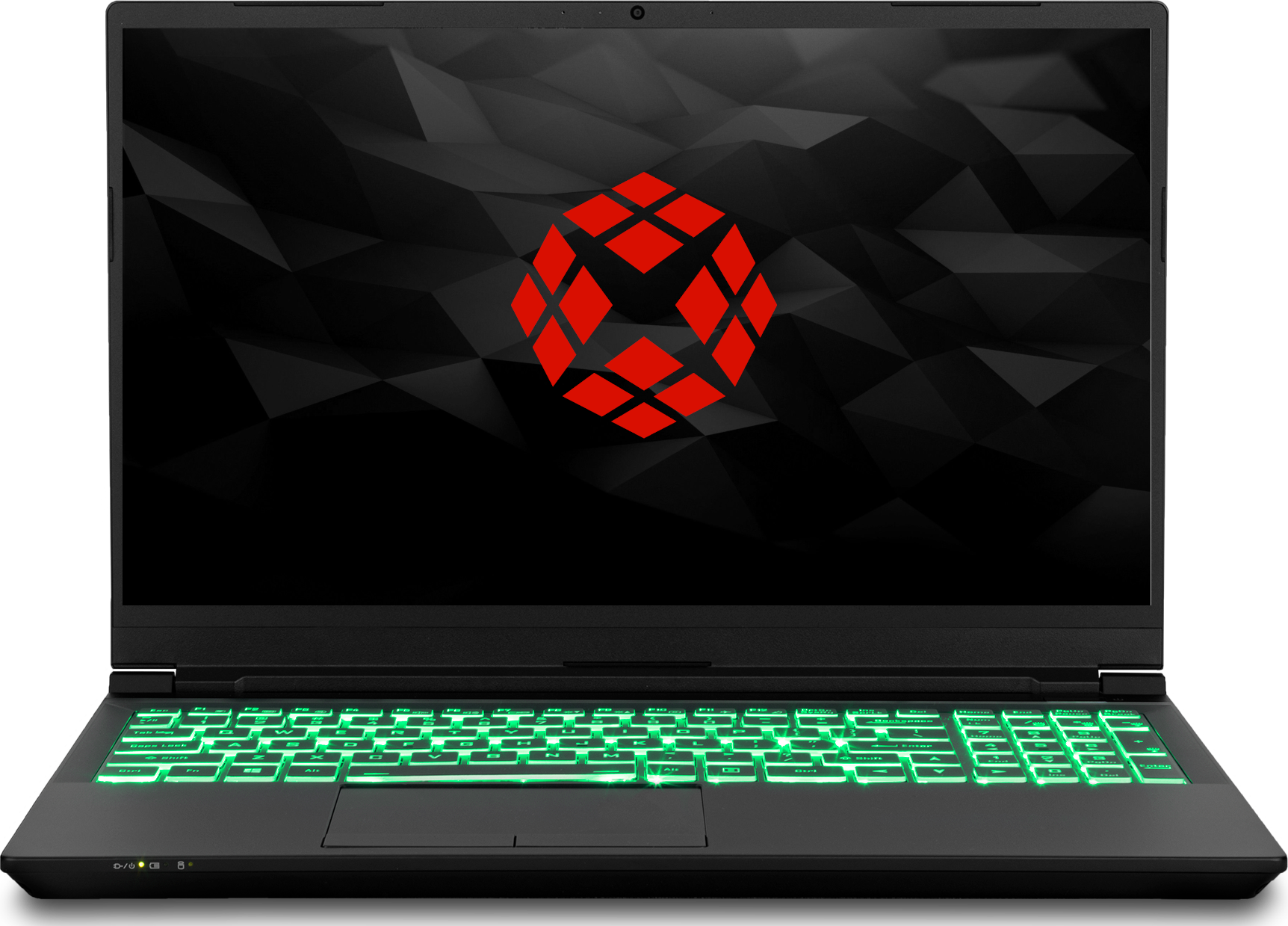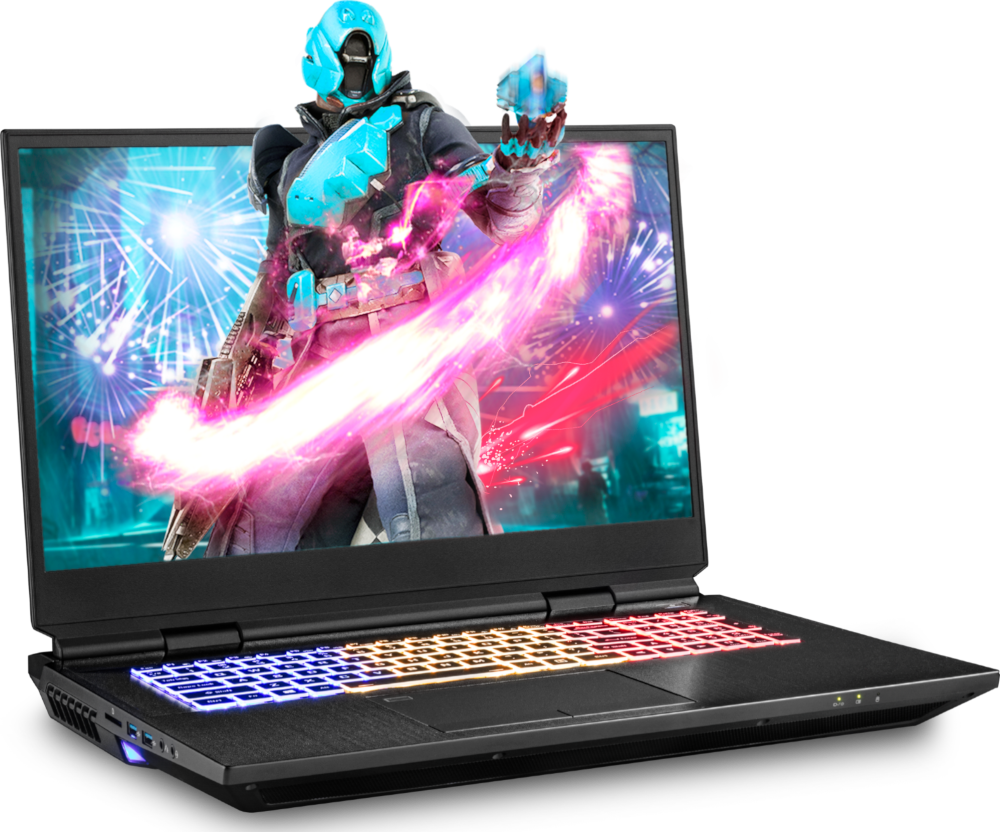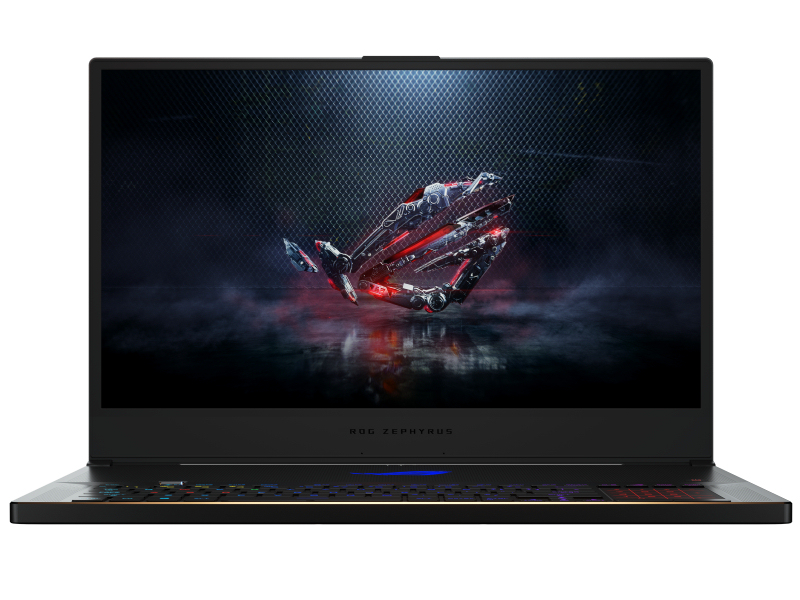There is no single best gaming experience, as a lot of it is down to personal preference, also potentially influenced by game genre preferences.
The 'sweet spot' is often considered to be 1440p 144hz - in that you get a much higher resolution than 1080p, but it's not nearly as demanding as 4k and you can keep framerates higher (and you don't need as beefy a setup to run it). Maybe take a quick look at the LG 27GL850-B, which is the same family as the one you mentioned above, but is 1440p. It's one of the best gaming monitors out there and if you google you'll find wall to wall reviews of it. e.g.
The LG 27GL850 is currently one of the most popular and hotly requested gaming monitors in the market, but what makes it so special? It is the...

www.techspot.com
There's also 1440p ultrawide, which are those really wide curved screens you may have seen. (also from the LG Nano-I{PS family)
The LG 34GN850 is the company's latest 34" 3440 x 1440 ultrawide display and the direct successor to the best performing ultrawide display we tested a few...

www.techspot.com
A word on laptop graphics cards. Laptop graphics cards aren't as powerful as the desktop ones with the same name.
Also, laptops sometimes have "Max-Q" graphics cards. These are basically weaker versions of the mobile card.
OEMs may also set power limits for processors and graphics cards differently, which can impact performance. The RTX 2080 Super ('normal' laptop version) is aboit 15% faster than the Max-Q.
To get a very rough sense of the relative performance of mobile GPUs, have a look at:
You'll notice some anomalies on there (eg RTX 2080 Mobile often performs higher than RTX 2080 Super). That's partly because unlike with desktops, you can't just measure performance of a single component in a laptop, you're inherently measuring the whole system . Maybe they have different CPUs, maybe one doesn't cool very well. Also the systems might have been benched with different Windows or driver versions, possibly.
At the $3000 range, there are laptops that carry full-fat desktop (-S series) CPUs. They are pretty large beasts, and probably not worth the expense.
The ROG Zephyrus, assuming that's the variant with the RTX 2080 Super and a ~$3000 price tag is - as with anything that has ROG in the name - vastly expensive. It's anywhere in the range of $500-$1000 more than a similar laptop from another company.
I'd suggest looking at custom spec laptops, which use chassis from people like Clevo (known as Sager in the US apparently), Tongfang, Quanta, etc
e.g. this with a similar spec for $2300
Or this thing:
-

xoticpc.com
Or you could go with a full-fat laptop RTX 2080 Super and an -S series i5 10600k for around the $3k mark
[Up to 200+ FPS] 17.3” UHD 4K Up to Intel® i9-10850K RTX™ 2080 SUPER Up to 128GB RAM 500GB NVMe SSD ~1-2 Hrs / 8.38 lbs Description 10th Gen Intel Core Desktop Processor Unlocked Unleash the power within. Intel's latest 10th Gen Core desktop processors power the NP9670M. Choose between the...

xoticpc.com
Arguably not worth the premium over a laptop that offers a 2080 Super Max-Q for ~$2300, but it's viable within the budget.
